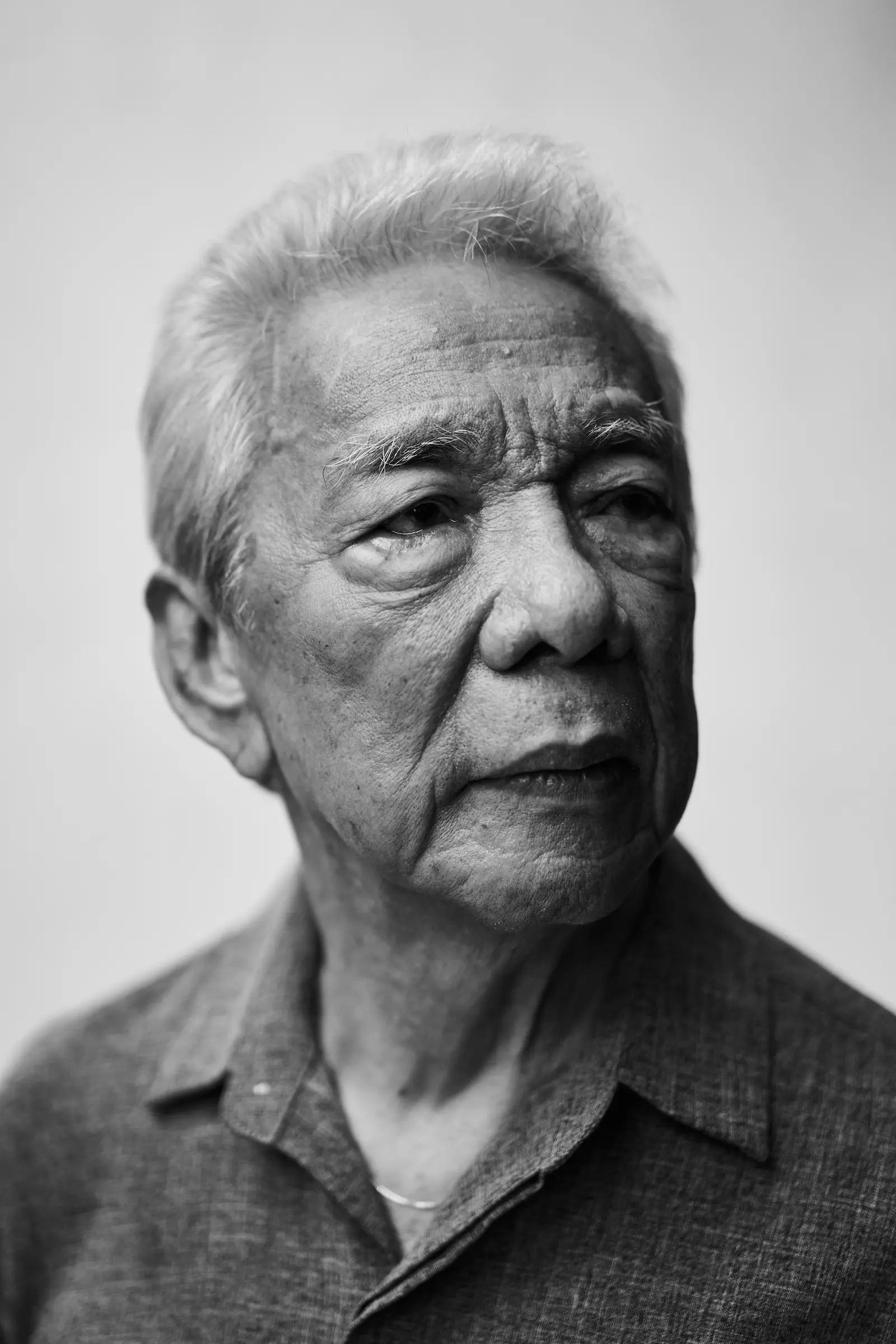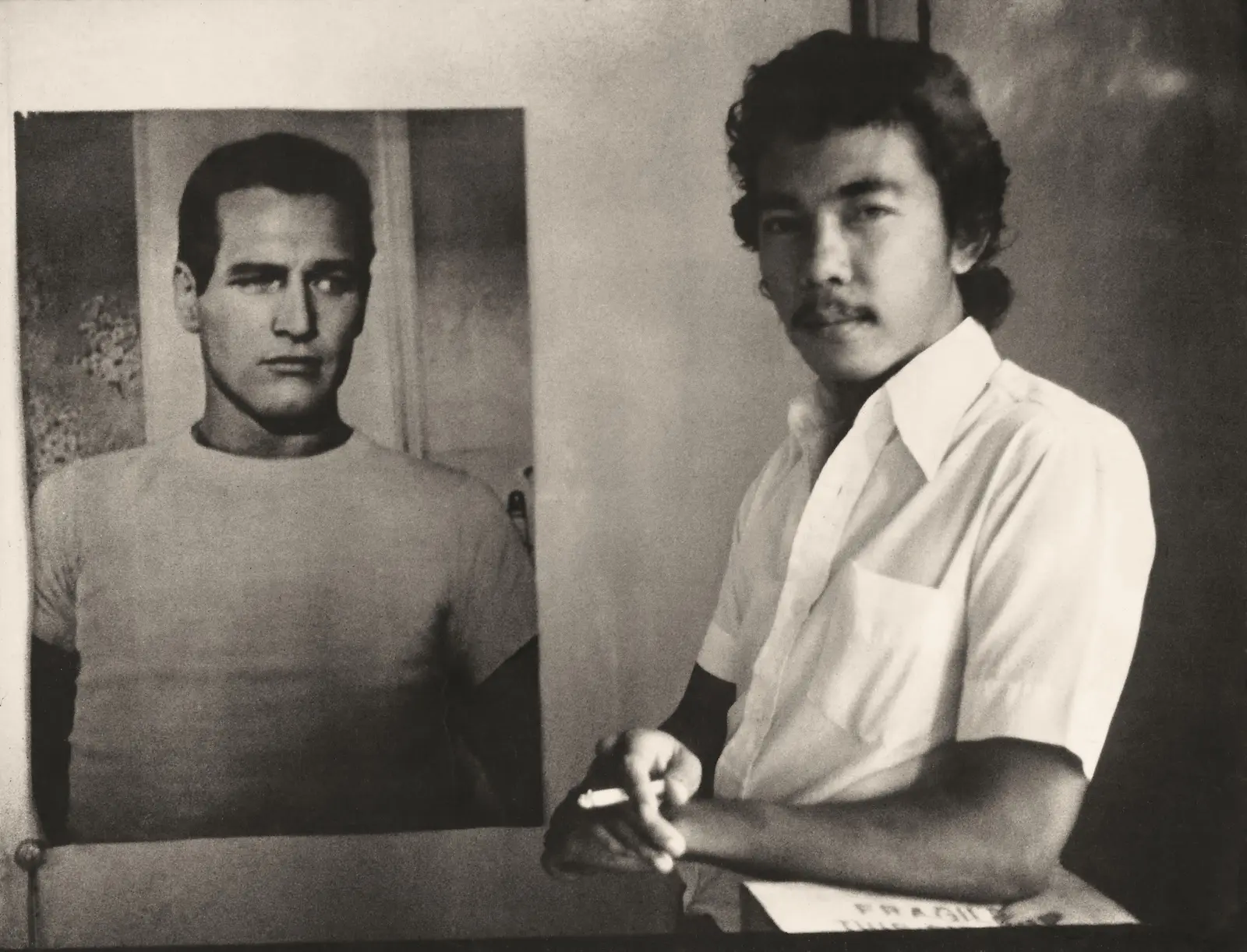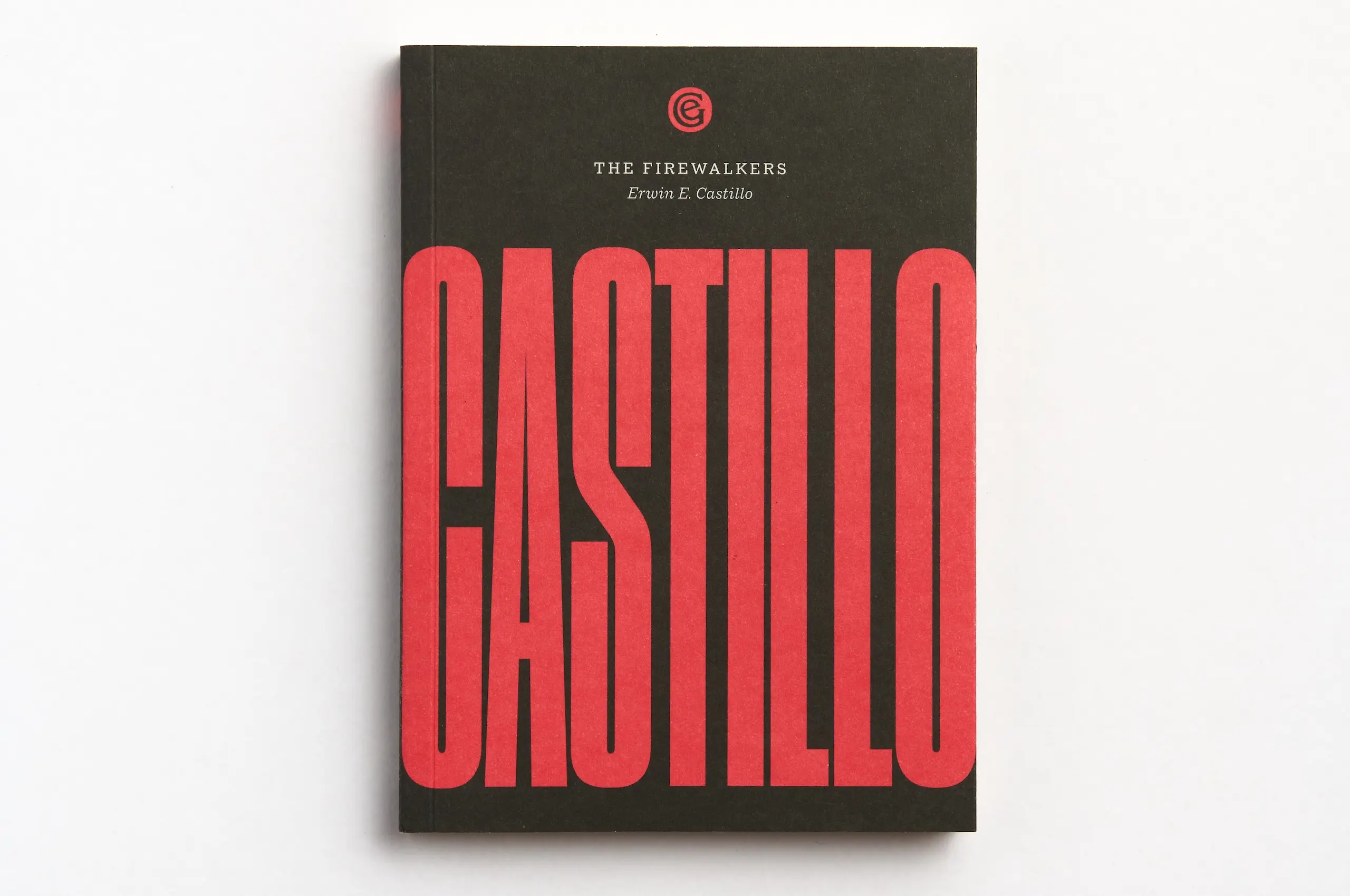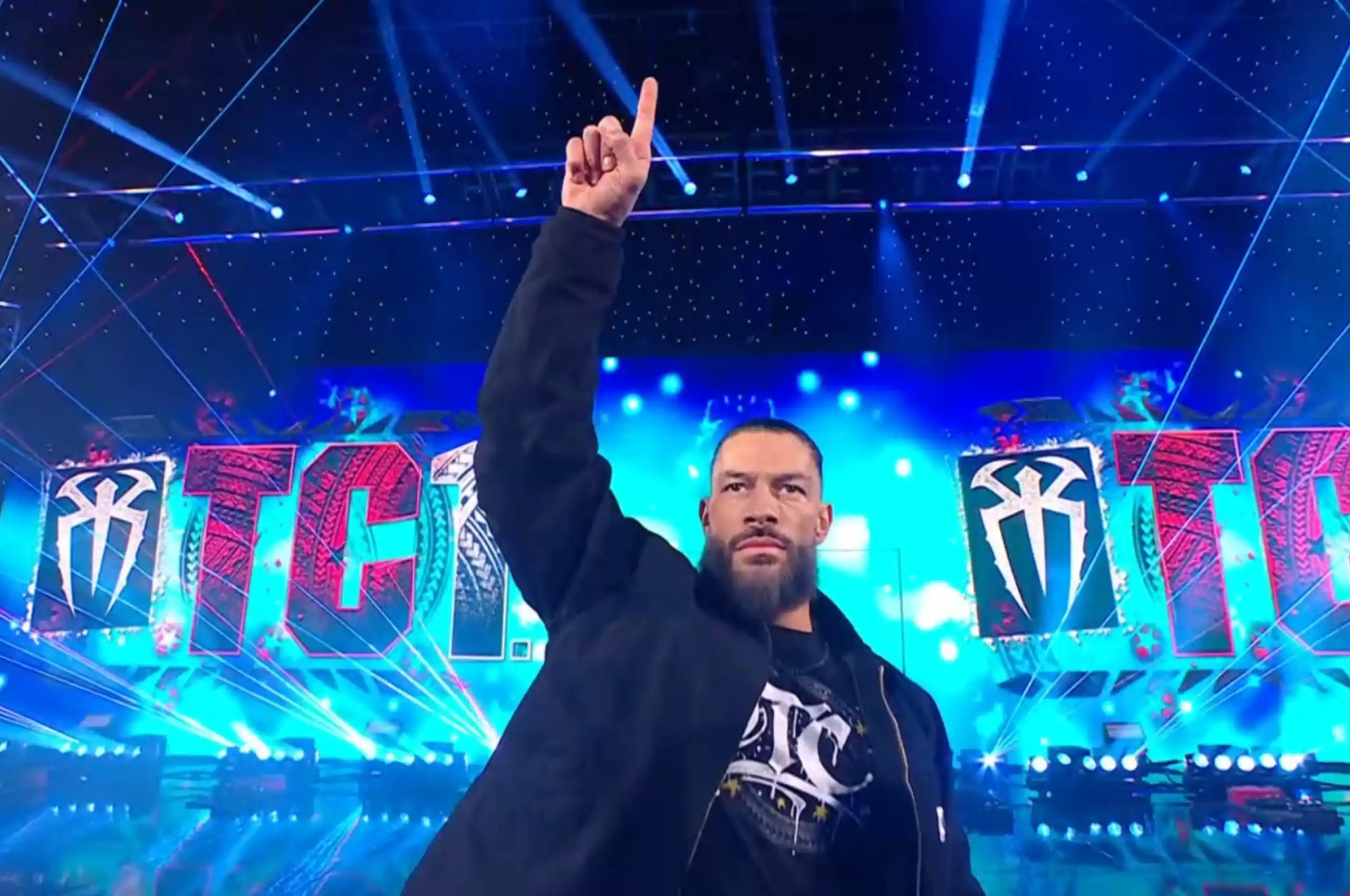“Once upon a time, in the year of 19 hundred and 13, there lived in the mountain town of Lacambaga, the province of Cavite, a man named Gabriel Diego who was sergeant of police.”
The opening line to Erwin Castillo’s strange, mythical, and deeply Filipino work of fiction, The Firewalkers, already tells us all we need to know about Castillo as a writer. Besides pointing towards the famed author’s love for run-on sentences (of which there are many in this novel), it also hints at the start of a fairy tale: one that turns a police sergeant into its reluctant hero, but also finds the source of its dark, pulsing magic up in the mountains of Cavite.
The acclaimed poet and novelist César Ruiz Aquino, in the preface of the University of the Philippines Press’ edition of the novel, wrote that the opening line “oddly [rings] with novelty and challenge: saga is what the reader is going to be treated to.”
In that same breath, Aquino took his admiration for Castillo one hefty step further, writing, “The Firewalkers confirms what we’ve suspected through the years — that his gifts for spinning yarns surpass those of Nick [Joaquin], whose real genius lies elsewhere.” As one of Joaquin’s protégés, Castillo may have either delighted or recoiled at this comparison.
Castillo’s mythos is so expansive, yawning across decades of work that dance between prose, poetry, fiction, and even advertising, that it is in and of itself a tragedy that we have failed to sing the unsung author’s praises earlier, except in the tight, claustrophobic circles of the Filipino literata. “There’s a whiskey in his voice,” Exploding Galaxies publisher Mara Coson told Rolling Stone Philippines. “Some people just have that ability to tell a story.”
Cut Above the Rest

“Wild West” may be one of the most accurate ways to describe the gore and violence of The Firewalkers. It begins with police sergeant Gabriel Diego investigating the murder of a farmer’s son, whose body has been so mangled that Castillo describes the boy’s wounds as “a frenzy of bayonets,” with “a trail of intestines [pouring] from the major chasm.” But just as quickly as we find the victim, Castillo sweeps us away to meet the monster that destroyed him. The “angel of death,” riding a dark horse that leaves a trail of hot, grey steam in its wake, wears “cowries of flame” as his armor, and speaks in “the voice of the ant-eaten skull on the anthill.”
From there, the frenzy only gets thicker. The bodies immediately pile up, cockeyed American military men abound, and a once-famous gunslinger who goes by the name of the Apache Kid roams Lacambaga, ex-wife and starving tiger in tow, in search of the next big freakshow spectacle. “There isn’t anyone who writes like him,” said Coson.
But it also makes sense that The Firewalkers, one of Castillo’s best known works, is bathed in blood. “The Firewalkers was finished… in 1992… while the country tried to rearrange itself, but not too much, and not really,” wrote Castillo in the preface of the book’s new edition, reprinted by Exploding Galaxies. “Mercenaries transferred allegiances, the treasury transferred banks, and the killing went on.”
A Novel No Longer Languishing

For all his obsession with death and chaos, Castillo is still an optimistic person. “I believe that bad things are in store for us, that there is nothing to look forward to. But it is important, knowing that, to do something in the meantime,” said Castillo in a 2014 interview.
Born in 1944, Castillo has dedicated a full life to pursuing the arts. He submitted stories, poems, and reviews to The Philippines Free Press, of which Joaquin was editor-in-chief. He has won the Palanca, the Tagayan, and an abundance of literary awards. One of his main jobs outside the world of writing involved creating commercials, especially for the beer brand San Miguel. But even then, the writer’s love for the theatrical shone through: his 1987 ad for the brewery included Filipino soldiers riding horseback into revolution, all while enjoying ice-cold bottles of San Miguel. “I work in the real world, trying to earn a living,” said Castillo of his time in advertising. “That may also be an excuse. Writing is absolutely difficult for me.”
“He’s one of those Renaissance types,” Exploding Galaxies designer Kristian Henson told Rolling Stone Philippines. “He’s a boxer. He’s a gun guy. He’s a cyclist. He was blacklisted and couldn’t travel because he was on the communist list. And he’s a writer.”
However, despite his undeniable writing prowess, Castillo and his work have long fallen out of the national spotlight. “Nick [Joaquin] said just before he died, ‘This is the way that Philippine fiction is going to look like, like… Erwin’s long stories,” Castillo wrote. “It did not.”
But now, more than 30 years after the novel’s first release, the Exploding Galaxies publishing team is turning our eye back to The Firewalkers. The press just released the new edition of Castillo’s epic, which includes a new preface written by Castillo.
“Erwin Castillo has long joined the list of enigmatic Filipino writers whose work has been praised for generations and until kingdom come and yet has remained so hard-to-find,” said Coson about the release. “Not anymore. Through this edition, we hope to take him out of that frustrating category. This is a book that demands to be read and enjoyed again, because it is unquestionably one of our greatest works of Filipino literature.”
For his part, Castillo remains hopeful as his novel finds its way into a second life for a new generation of readers. “Nobody ‘should’ read the book,” wrote Castillo in the release’s official announcement. “But if ever you begin, I hope you will find it knowledgeable, intelligent and good-hearted, loving and brave. There are rip-roaring adventures here, and many romances, and the music of the living and the dead. These are stories obviously ransomed at the peril of sanity, of life. The book aspires to suggest another way, a guide to survival that is tentative and hesitant but may, if only at this precious, this single instant, assure you we have done as well as we are able.”







